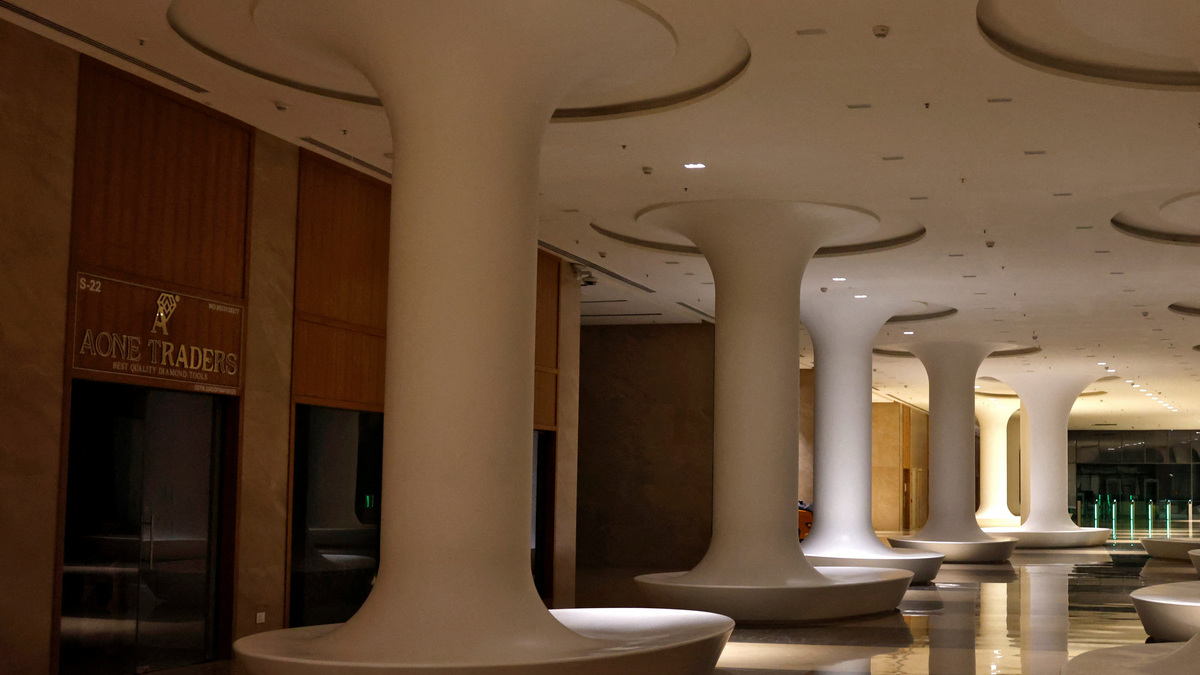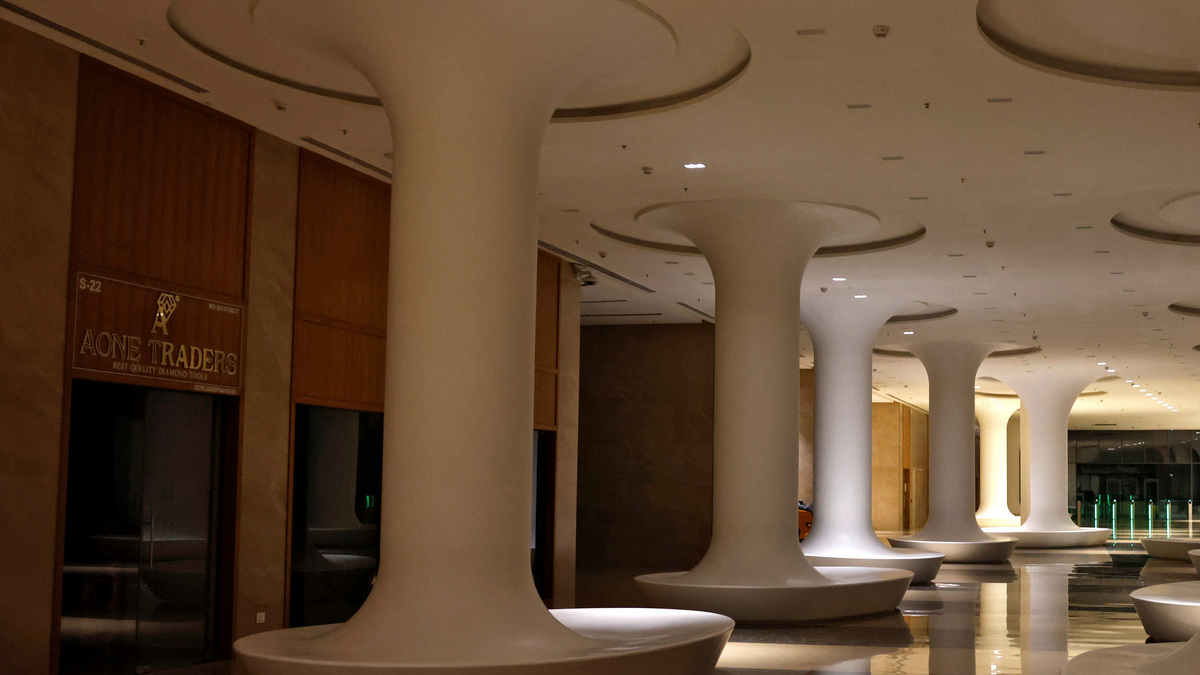An official survey released on Saturday revealed that factory activity in China increased in September for the first time in six months, adding to a slew of signs that the world’s second-largest economy has begun to bottom out. According to the National Bureau of Statistics, the purchasing managers’ index (PMI), which is based on a survey of major manufacturers, increased to 50.2 in September from 49.7 in August, edging above the 50-point threshold separating contraction from expansion. A projection of 50.0 was exceeded by the reading. The PMI, the first official numbers for September, adds to indications that the economy is stabilising after gaining initial steam early in the year when China’s extremely restrictive COVID-19 restrictions were eased. The economy had slowed after that first spurt of activity. August saw the first indications of stabilisation, with retail sales and industry output growing more quickly as export and import declines slowed and deflationary pressures subsided. Industrial company profits unexpectedly increased 17.2% in August, reversing a 6.7% fall in July. “The manufacturing PMI, plus the good industrial profit figures, suggest that the economy is gradually bottoming out,” said Zhou Hao, chief economist at Guotai Junan International. A rise was also seen in China’s non-manufacturing PMI, which also includes subindices for service sector activity and construction. It ended the month at 51.7 as opposed to 51.0 in August. The composite PMI’s manufacturing and non-manufacturing component rose from 51.3 to 52.0 in September. One of the short-term statistics that economists are monitoring is the amount of money that people will spend on the year’s longest public holiday. The National Day holiday, which will remain through October 6, came after the Mid-Autumn Festival, which opened “Golden Week” on Friday. State media reported on Saturday that train passenger travel on Friday reached 20 million trips, a single-day record, marking a promising start to what officials had anticipated would be “the most popular Golden Week in history.” Policymakers will appreciate more consistent economic data as they continue to battle a property sector debt crisis that has shook international markets. Although the housing market is far from recovering, the authorities have announced a number of measures to support it, including lowering mortgage rates. In August, new home prices decreased at their fastest rate in the previous 10 months, and property investment fell for the 18th consecutive month. The most indebted real estate developer in the world, China Evergrande Group (3333.HK), announced on Thursday that its founder was under investigation for alleged “illegal crimes”. Last Monday, the Asian Development Bank reduced its estimate for China’s economic growth in 2023 from 5.0% to 4.9%. To ensure that China’s economy can meet the government’s growth objective of approximately 5% this year, analysts think further policy support will be required. “China’s economy stabilised partly driven by the loosening of property sector policies,” said Zhiwei Zhang, chief economist of Pinpoint Asset Management. “The key issue going forward is whether fiscal policy will become more supportive. I think it will, but timing-wise the change of fiscal policy stance may happen next year instead of this year.” (With agency inputs)
August saw the first indications of stabilisation, with retail sales and industry output growing more quickly as export and import declines slowed and deflationary pressures subsided. Industrial company profits unexpectedly increased 17.2% in August, reversing a 6.7% fall in July
Advertisement
End of Article


)
)
)
)
)
)
)
)
)



